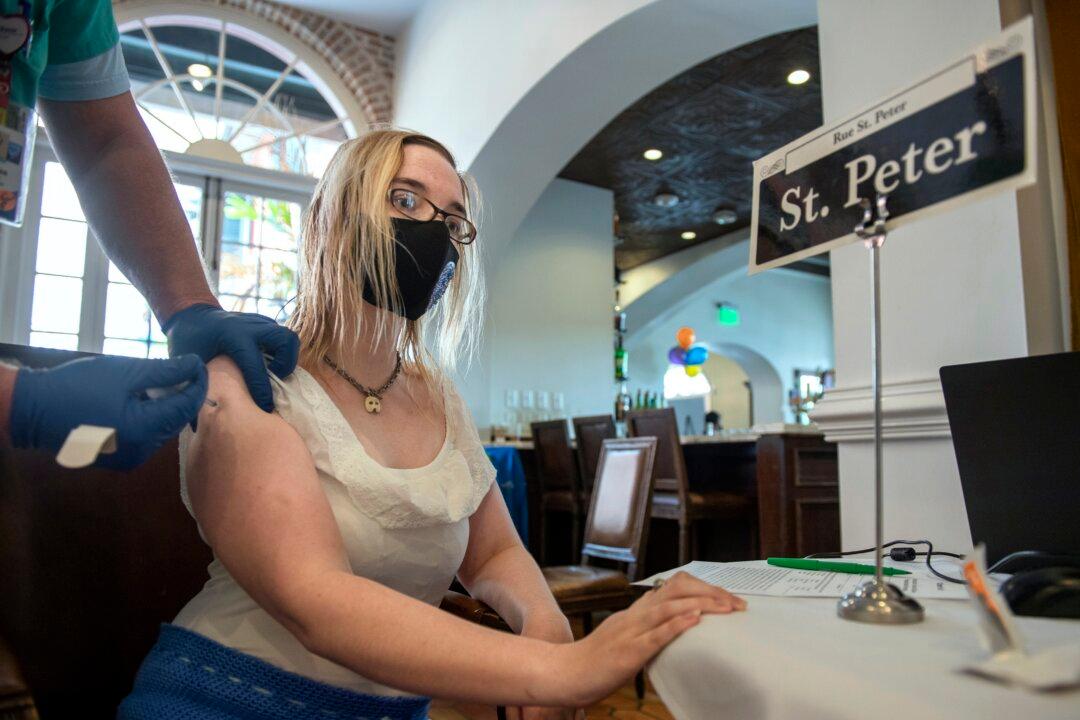The National Institutes of Health (NIH) on Aug. 30 announced it has awarded one-year supplemental grants totaling $1.67 million to multiple institutions to investigate the potential links between COVID-19 vaccination and menstrual changes.
The announcement comes amid increasing reports among women who claim to have experienced changes to their menstrual cycle after receiving the vaccine. These changes range from irregular or missed menstrual periods to increased bleeding, among others.




